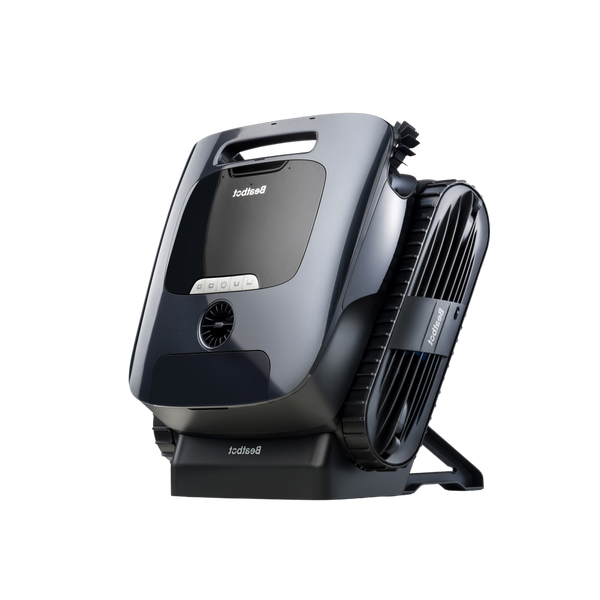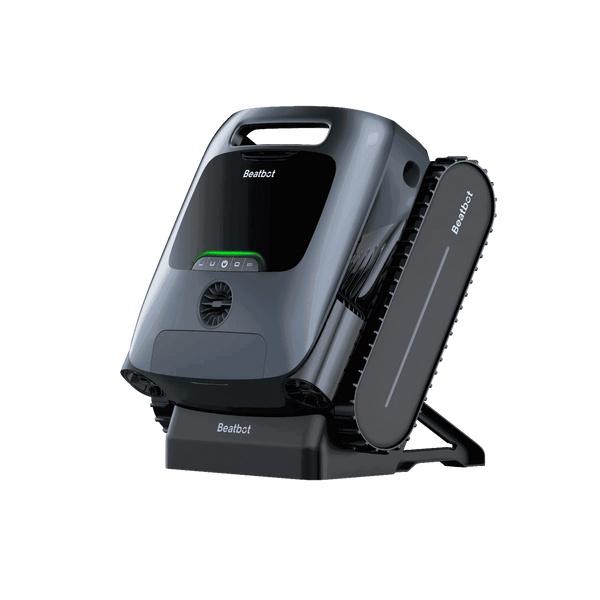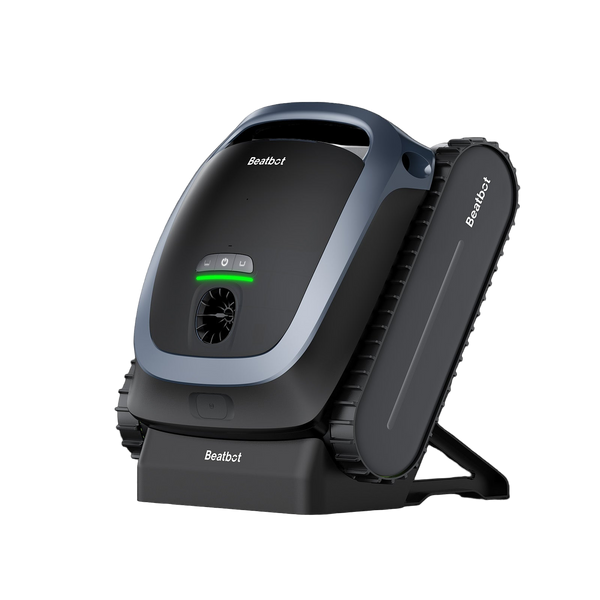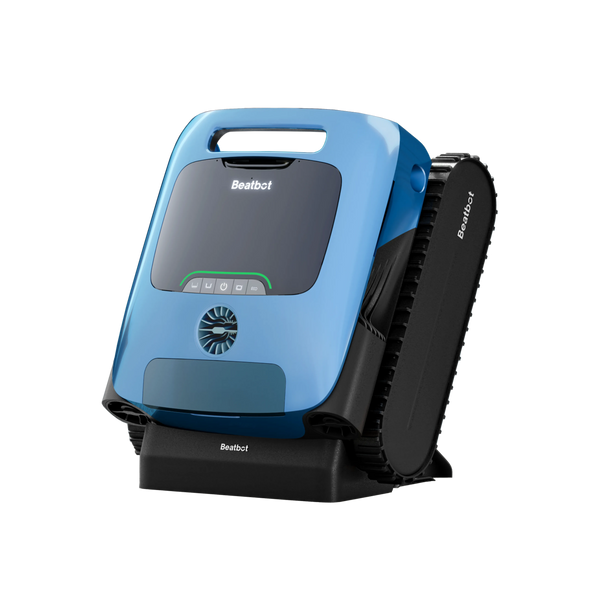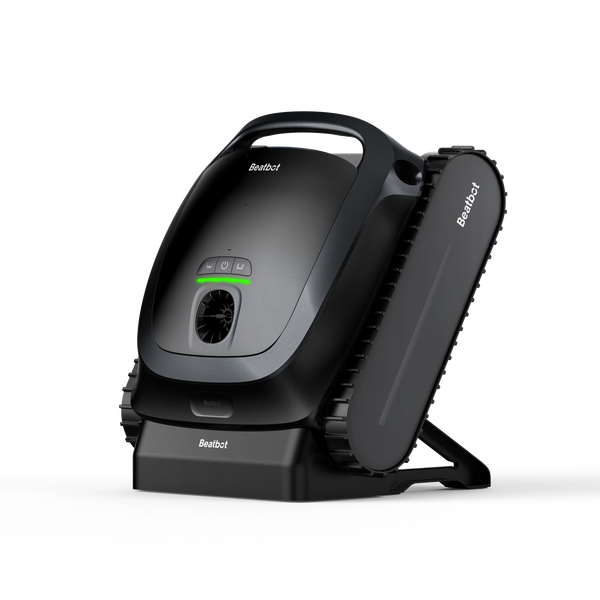Mastering the Art of Pool Temperature Control
Swimming pool temperature management is crucial for ensuring the comfort and safety of swimmers. The ideal water temperature can vary depending on the intended use of the pool, whether it's for relaxation, exercise, or competition. Here’s a comprehensive guide on how to manage and maintain the perfect swimming pool temperature.
Table of contents

Understanding Ideal Pool Temperatures
The ideal temperature for a swimming pool is generally between 77°F and 84°F (25°C to 29°C). For competitive swimming, the temperature is typically kept between 77°F and 82°F to allow swimmers to stay cool while exercising for hours without impairing their breathing. For leisure and therapeutic purposes, a warmer temperature of around 83°F to 88°F (28°C to 31°C) is preferred.
For competitive swimming, the American Red Cross advises maintaining pool water at a temperature of 78ºF. This specific temperature aims to create an optimal environment for swimmer performance and comfort, balancing the physical demands of the sport with safety considerations.
A pool temperature of 78ºF might be uncomfortably chilly for young children and the elderly due to their unique physiological needs and vulnerabilities. Young children have smaller bodies and less body fat, which can make it difficult for them to maintain body heat. As a result, cooler water can quickly lead to discomfort or even hypothermia.
Similarly, elderly individuals often have decreased circulation and may experience a reduced ability to regulate body temperature, making them more sensitive to cold environments. They might feel discomfort or stiffness in cooler water, impacting their enjoyment and safety while swimming.
For these reasons, a warmer pool environment—typically around 80ºF or higher—can be more suitable, ensuring comfort and safety for both groups.

Tools for Measuring Pool Temperature
To manage your pool temperature effectively, you first need to measure it accurately. There are several types of thermometers available:
- Float Thermometers: These are placed directly in the pool and provide a visual temperature reading.
- Digital Thermometers: These offer quick and accurate readings and are easy to use.
- Infrared Thermometers: These can measure temperature without touching the water, providing instant readings.
Regular temperature checks are essential to maintain the perfect pool temperature.
Methods for Controlling Pool Temperature
Pool Heaters
Pool heaters are essential for raising the temperature of the water. They come in various types, including gas, electric, and solar heaters. Each type has its advantages and is suited to different climates and budgets.
Pool Covers
Using a pool cover can help reduce heat loss through evaporation. Pool covers are particularly effective during cooler evenings or windy conditions, and they also help retain the desired water temperature.
How Pool Covers Enhance Energy Efficiency
Reduce Evaporation: Pool covers act as a barrier, significantly minimizing evaporation, which is a major source of heat loss. By keeping the water from evaporating, less energy is required to maintain a consistent temperature.
Insulation Benefits: Many covers provide an insulating layer, which helps to trap heat and prevent it from escaping into the air. This is particularly beneficial in maintaining warmth, especially when the pool is not in use.
Lower Heating Costs: With reduced heat loss, there’s less reliance on heating systems, leading to savings on energy bills. A pool cover can drastically cut down the energy consumption needed for heating the pool water.
Versatile Use: Whether your pool is indoors or outdoors, a cover can make a considerable difference. For outdoor pools, it also protects from debris, reducing maintenance time and preserving water quality.
By understanding the multifunctional role of swimming pool covers, you can make informed decisions that enhance both temperature management and energy efficiency.
Cooling Solutions
In warmer climates or during hot seasons, you may need to cool down the pool. This can be achieved through:
- Water Features: Adding fountains or cascades that promote evaporation and consequently decrease the overall temperature.
- Shading: Using umbrellas or awnings to reduce the pool's exposure to direct sunlight.
- Draining and Replenishing: Draining part of the existing pool water and replenishing it with colder alternatives.
Understanding Pool Heating Costs Across U.S. Cities
Curious about how much it costs to heat your pool in different U.S. Cities? Here’s what you need to know:
Types of Heaters:
-
Heat Pump Swimming Pool Heaters:
- Ideal for mild climates.
- Efficient in energy use, though the initial cost might be higher.
-
Gas Swimming Pool Heaters:
- Quick to heat, suitable for colder climates.
- Cheaper upfront, but generally more expensive to operate.
Factors Influencing Cost:
- Climate: Warmer areas see lower heating costs compared to cooler regions.
- Desired Temperature: Raising the pool water temperature incurs more cost.
- Pool Size: Larger pools require more energy to maintain temperature.
Example Costs:
Heat Pump Heaters:
- Miami, FL (80°F): Expect moderate costs due to warm weather year-round.
- Chicago, IL (80°F): Costs increase as temperatures drop during colder months.
Gas Heaters:
- Phoenix, AZ (85°F): Gas heaters may be used sparingly, keeping costs down.
- New York, NY (85°F): More frequent use results in higher expenses, especially during colder seasons.
Understanding these elements can help you make informed decisions about pool heating options, ensuring comfort without breaking the bank. Whether you choose a heat pump or a gas heater, consider factors like your climate, the size of your pool, and the temperature you desire.
How Desired Water Temperature Impacts Heater Size and Heating Costs
When planning your swimming pool's heating system, the temperature you wish to maintain plays a crucial role in determining the size of the heater and the associated heating costs.
Heater Size:
- The higher the desired water temperature, the larger the heater you'll need. This is because higher temperatures require more energy to maintain, particularly in pools that are not enclosed or insulated.
- A larger heater is necessary to ensure the pool heats quickly and efficiently, even in cooler weather or when the pool is used frequently.
Heating Costs:
- Opting for a warmer pool temperature can significantly increase heating costs, especially when using gas or heat pump heaters.
- Gas heaters, such as those from Hayward or Pentair, might provide quick heating but at a higher operational cost.
- Heat pump heaters, including those by brands like Rheem and AquaCal, are typically more energy-efficient, potentially offsetting some costs, but they work best in moderate climates.
In essence, a higher desired temperature demands greater energy consumption, affecting everything from equipment sizing to your monthly energy bill. Therefore, it's essential to balance comfort with practicality, considering both initial and ongoing expenses.
Automated Temperature Control Systems
Advanced pool management systems offer automated temperature control features, allowing for seamless adjustments based on preset temperature parameters. These systems integrate temperature sensors with heating and cooling mechanisms, ensuring that the pool temperature remains within the desired range.
Regular Water Testing and Maintenance
Regular water testing is essential for monitoring chemical balance and its impact on temperature regulation. Properly balanced water chemistry contributes to temperature stability and prevents fluctuations caused by imbalanced pH or alkalinity levels. Additionally, routine maintenance of filtration systems and water circulation components ensures consistent temperature distribution throughout the pool.
Tips for Maintaining the Perfect Water Temperature
- Regular Temperature Monitoring: Consistent monitoring of the pool water temperature is essential for identifying fluctuations and deviations from the desired range.
- Seasonal Adjustments: Recognizing the impact of seasonal changes on pool temperature is crucial. During colder months, additional heating may be required to maintain a comfortable water temperature, while in warmer seasons, strategies for cooling the water may be necessary.
- Optimize Sun Exposure: Managing the pool's exposure to sunlight can significantly impact water temperature.
- Efficient Heating and Cooling Systems: Regular maintenance and optimization of heating and cooling equipment are essential for temperature control.
- Utilize Pool Covers: The use of pool covers, particularly during non-swimming hours, minimizes heat loss through evaporation and helps retain the desired water temperature.
Conclusion
Maintaining the perfect swimming pool temperature is essential for the comfort and enjoyment of swimmers. By using the right tools for measuring temperature, employing effective heating and cooling methods, and regularly monitoring and adjusting your pool's temperature, you can ensure that your pool remains a comfortable and inviting space for all. Whether you're looking to keep your pool at a competitive temperature or a more leisurely setting, these tips will help you achieve and maintain the ideal conditions.
Relative Blogs
About the author


